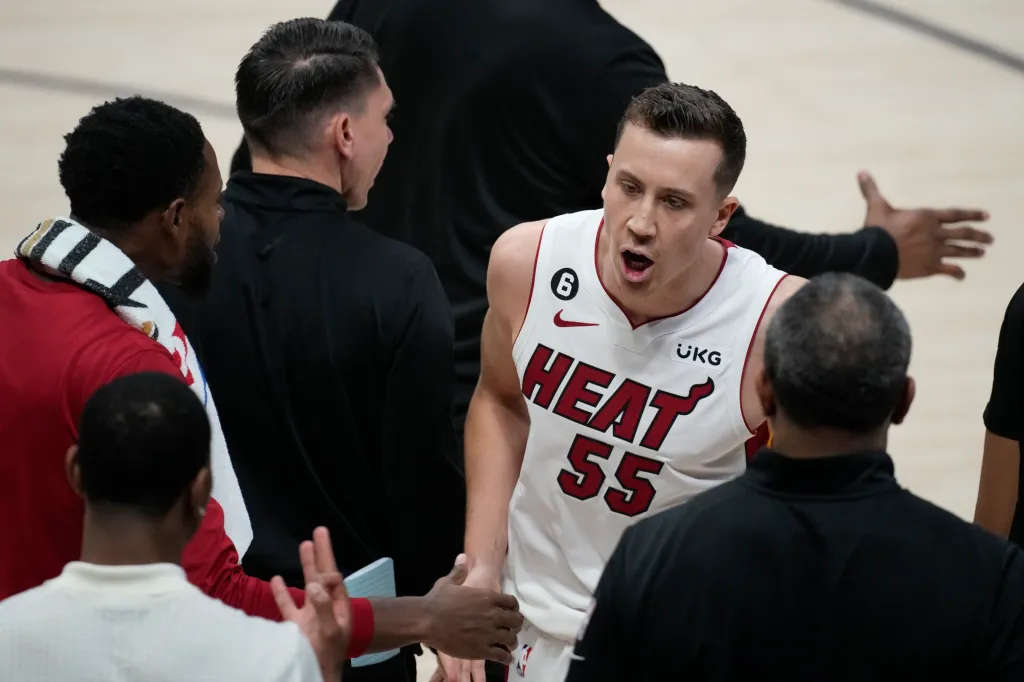
Why Duncan Robinson is in prime position to deliver on his $90 million contract

The Miami Heat’s ascent from No. 7 seed to NBA Champions may hinge upon one thing: Duncan Robinson proving his $90 million contract in 2021 was a sound investment – not a financial burden.
After becoming the fastest player in NBA history to make 1,000 three-pointers, Miami Heat shooting guard Duncan Robinson’s eyes floated around the Pistons’ Little Ceasar Arena.
“I’ve had a circuitous route to get to where I am. I wouldn’t change any of it for anything,” Robinson told the Bally Sports Sun Heat after scoring 30 points in the Heat’s 104-101 win over the Detroit Pistons on Sunday.
“Circuitous” applies to Robinson’s journey to the NBA. He graduated high school with no Division I or II offers and was signed by the Heat after going undrafted in 2018. “Circuitous” also applies to more recent years when he went from a feel-good story to an overpaid non-factor.

With 15 regular-season games left and a brutal five-game stretch up next, Miami’s ascent from the No. 7 seed to NBA Champions may hinge upon one thing: Robinson eliminating all doubt his $90 million contract in 2021 wasn’t a financial burden.
“Highs and lows at every level,” Robinson said.
Up until the 2023 playoffs, Robinson’s five-year, $90 million was anything but a sound investment. One Eastern Conference executive deemed it, “The worst contract in the league” in December of 2022.
Harsh but not uncalled for.
In his first year of the deal, Robinson posted a career low in points (10.9), three-point percentage (37.2%) and minutes (25.9). It only got worse in the playoffs. He averaged 5.6 points in 12.2 minutes and played just five minutes in the final two games of the 2022 Eastern Conference finals.
“Not playing…it sucks in a lot of ways,” Robinson said of his diminished role in the 2022 postseason on his podcast, “The Long Shot.” “…It’s a really, really challenging feeling to combat.”
His season suggested the Heat may have committed too much money too early. If Robinson didn’t improve they were stuck with a sizable contract at a time when they had little cap space to spare. In the following 2022-23 season, Robinson only plunged Miami’s front office into a deeper state of buyer’s remorse.
Through 17 total games in October and November, Robinson never started, averaged fewer than six points and shot under 33% from three. Then, in December, came that aforementioned scathing review.
“He has a big deal, a long deal, and a bad deal—he has all three there,” the Eastern Conference executive told Heavy. “The Heat have him signed through 2026, and you just do not know what level he is going to be able to help.”
A month later, Robinson had surgery to repair a ligament of the index finger in his right hand. The Heat tried to deal him at the trade deadline, but couldn’t.
When the 2022-23 season came to a close, he played a career-low 42 games – never starting once – and posted career lows in points (6.4), three-point percentage (32.8%) and minutes (16.5).
Essentially, the Heat paid Robinson roughly $18 million per year to be an untradable, unplayable three-point specialist who wasn’t shooting that well from three. Furthermore, his lofty contract may have prevented the Heat from pairing Jimmy Butler with a talented free agent on a short-term deal. A major blow considering Butler, then 33, had an ever-shrinking championship window.
Then came the 2023 postseason where Robinson began to shed the albatross allegations.
He averaged nine points and hit 44.2% of his threes. His 20-point, 5-for-6 performance from deep against the No.1 seed Milwaukee Bucks in Game 3 of the first round, shifted momentum in the series and helped Miami become the sixth No. 8 seed to topple a No. 1 seed since 1984.
Flash forward to the present day and Robinson has continued to reclaim his on-court value. After his history-making 30-point performance on Sunday night, he’s averaging career highs in points, (13.7), assists (3.0), steals (.7) and a stellar 40.6% clip from three. Since re-entering the starting lineup on Feb. 26, he’s become exactly what he was paid to do: a reliable scoring option to complement Butler and Bam Adebayo.
No longer can the Heat be laughed at for investing $90 million into Robinson. The point of the contract, however, wasn’t to avoid public ridicule. It was done because the Heat felt – scratch that – knew Robinson was foundational in their aspirations to secure a championship in the Butler era.
With his deal expiring in 2026 and the Heat facing an overwhelming amount of obstacles, this may be Robinson’s best opportunity to shift the narrative surrounding his contract.
For starters, Butler hasn’t entered “Playoff Jimmy” mode which contributed to the Heat losing four-straight games before recent back-to-back wins against the 12-win Pistons. What’s more, Butler missed Sunday’s game because of a right foot contusion. Although not serious, it may linger and prevent him from handling the rigors of a playoff push.
It gets worse.
Sunday marked Tyler Herro’s 11th consecutive missed game because of a foot injury. According to the Miami Herald, he “received a platelet-rich plasma injection Friday” and Spoelstra hopes to work Herro, who’s currently averaging 20 points per game, into the rotation by the end of the regular season. Kevin Love, meanwhile, has missed nine straight games.
Robinson showed he’s capable of bearing that scoring burden on Sunday. But that was against the lowly Pistons. Which begs the question: Can he do it against stronger opponents? Such as Monday night against the No. 8 seed Philadelphia 76ers, the next four games against playoff contenders and eventually the playoffs.
That’s why Robinson must transform back into the player who went from undrafted in 2018 to sniping a Heat-record 270 three-pointers in the 2019-20 campaign and was a pillar of the Heat’s NBA Finals run that season. And the one who hit 250 three-pointers in the 2020-21 season before nabbing that mega deal.
This, of course, was the same Robinson who was a puny 5-foot-7-inch high school freshman who didn’t receive big playing time until his junior year and committed to Division III Williams College because it was his best opportunity.
Essentially, all Robinson has to do what he’s always done: Prove his on-court worth when everything – and everyone – said he couldn’t.
That Eastern Conference executive may be next on that long list.
“The best way to show gratitude,” Robinson reflected, “is putting in work and taking advantage of every opportunity that comes around.”
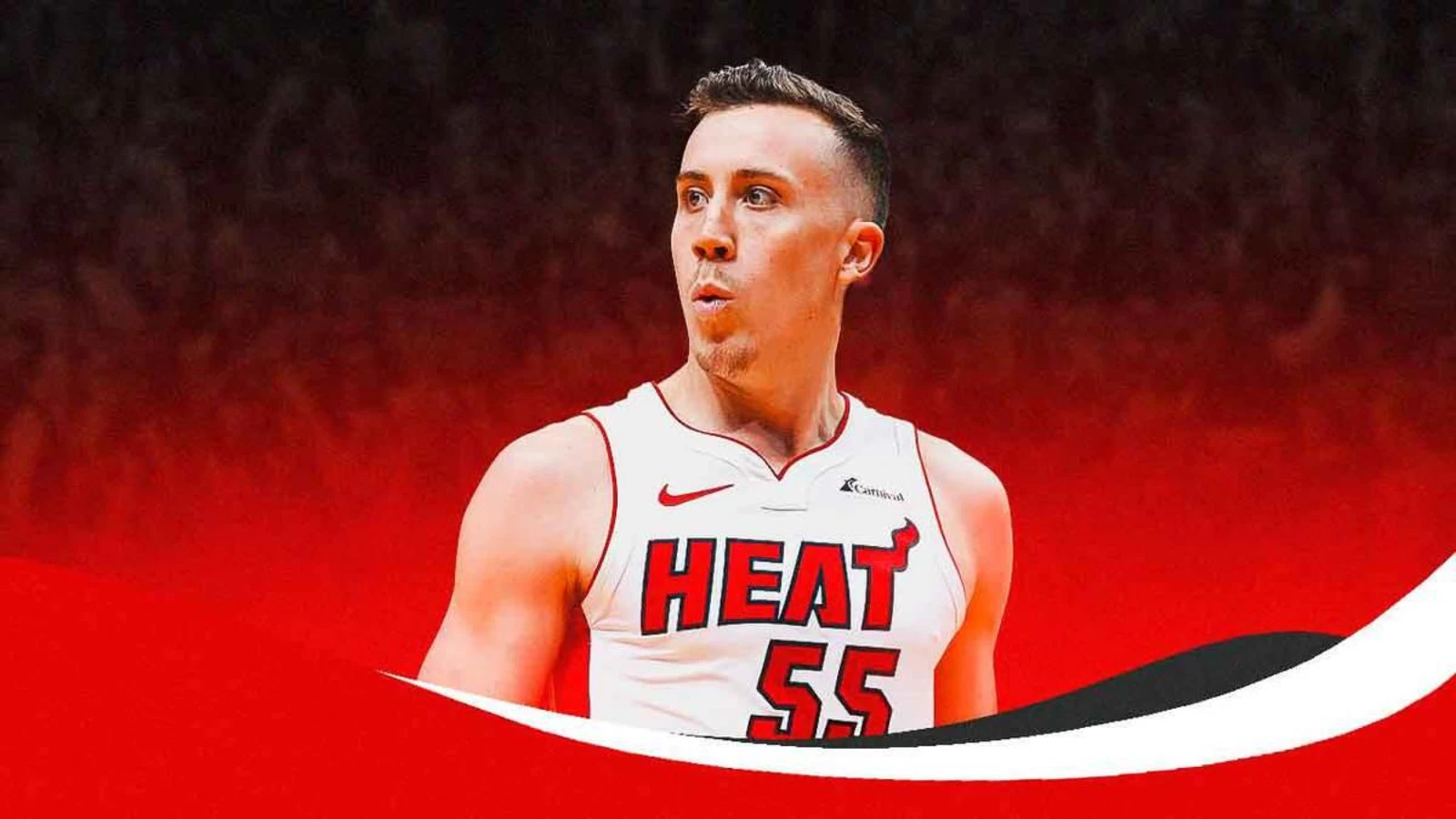
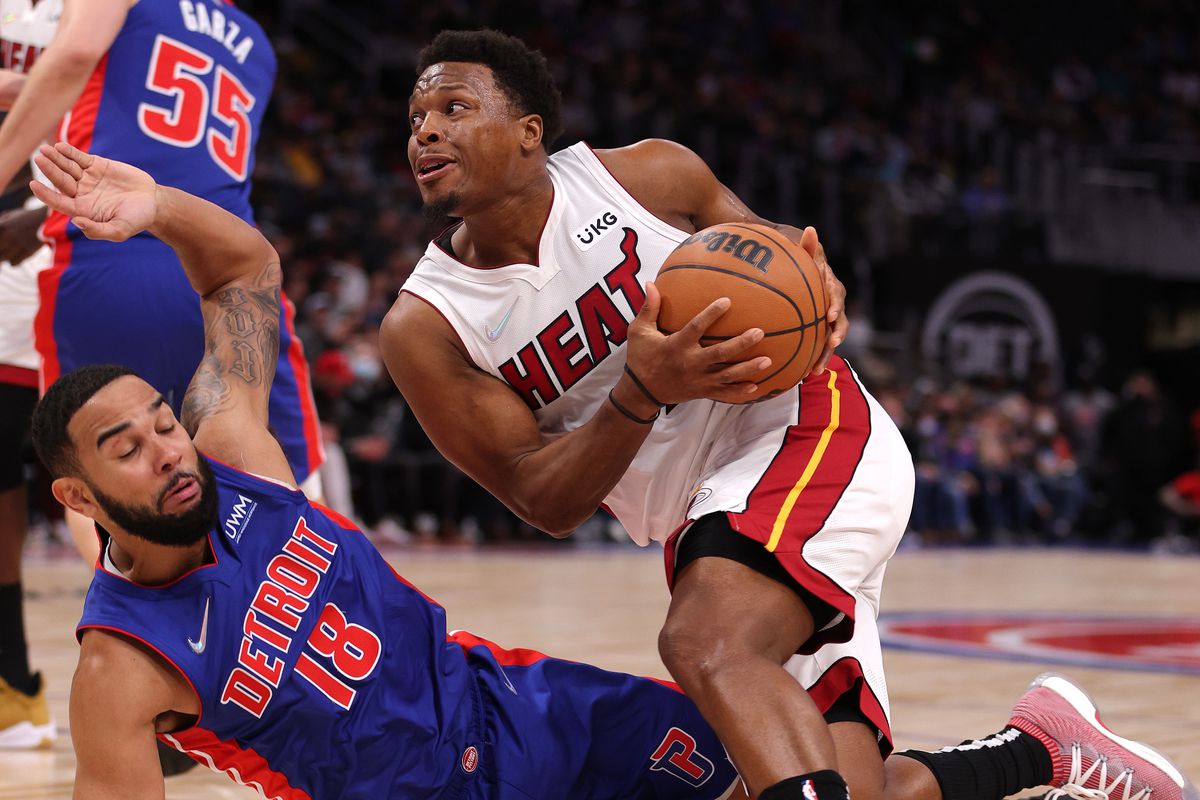
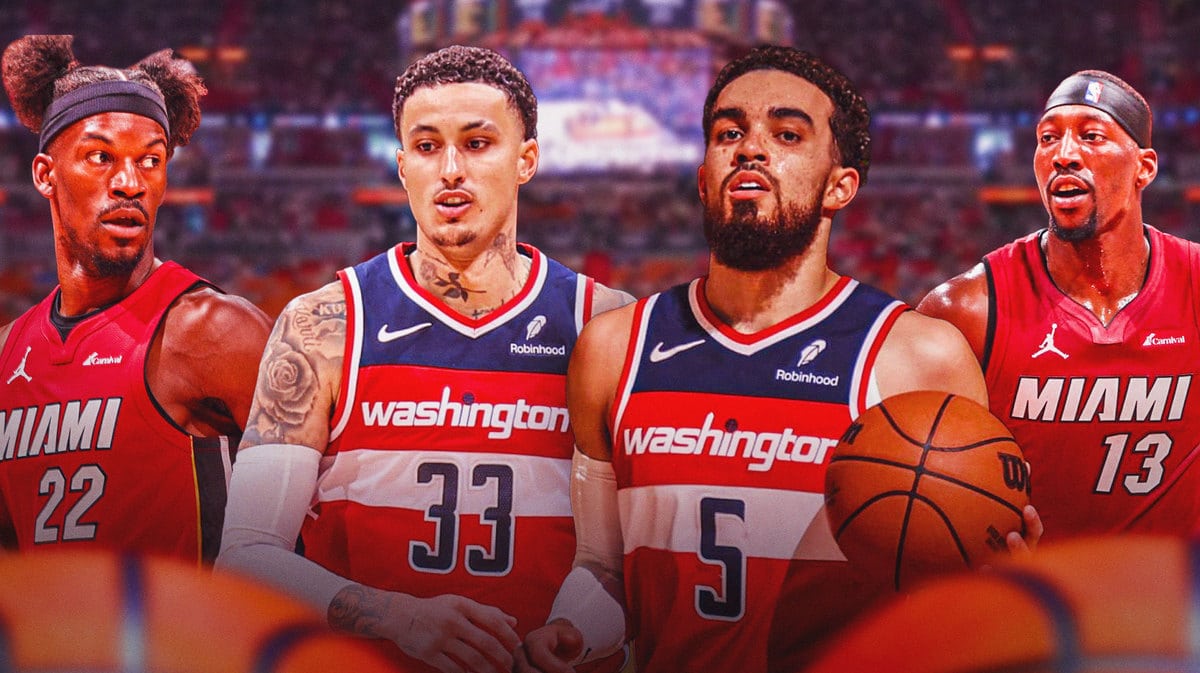
Be the first to comment